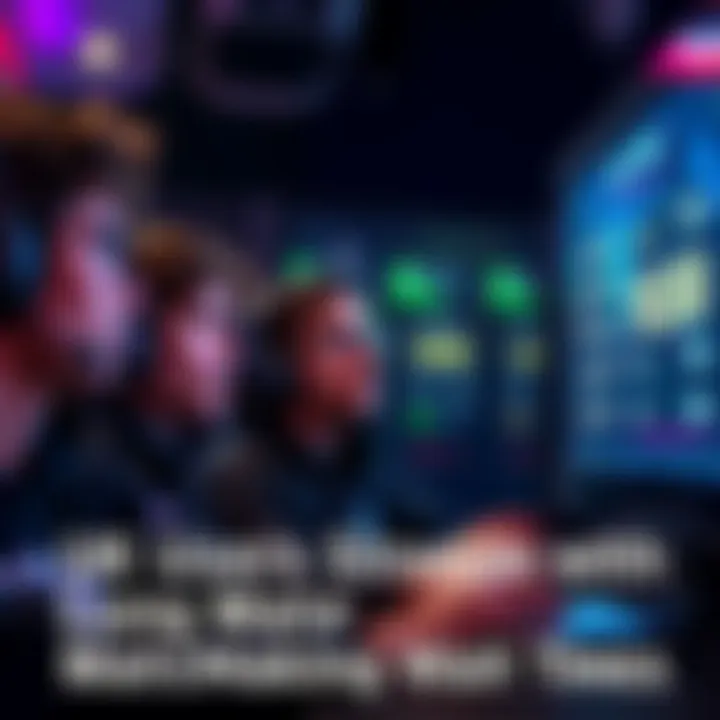Fragmented Match-Making | UK Players Struggle with Extended Wait Times
Edited By
John Tsoi

A growing number of players in the UK are facing prolonged matchmaking difficulties, with some reporting significant delays. Community sentiment reflects frustration as users express dissatisfaction over connecting with others in recent gaming sessions.
Players Report Long Waits
Many in the gaming community are sharing experiences of lengthy matchmaking times, leaving them idle for far too long. One player noted, "Got one match in 12 ish mins lol :(." This sparked discussions about the current state of the game.
Mixed Reviews on Game Quality
Despite criticisms about waiting times, not all feedback has been negative. Some players say issues at the game's launch have improved, mentioning, "Was issues at the start, fine now." However, these minor wins don’t erase the growing concerns about game quality, particularly compared to previous versions.
Sentiment: Frustration and Pessimism
A significant number of comments revolve around frustrations with match-making and game responsiveness. One user expressed, "I struggled finding matches, then my touches weren't registering 😒😒 preferred the old fishing." Overall, the mixed reactions indicate a critical view towards current updates.
"Yup, had the same last night," notes another, highlighting shared discontent in the community.
Key Observations
🚫 Players are frequently waiting too long for matches.
👍 Some improvements reported since game issues at launch.
☹️ Overall sentiment leans toward frustration and disappointment.
This ongoing situation raises questions about the future of gaming connections in the UK, as players anticipate more reliable matchmaking solutions.
Expecting Shifts in Match-Making Dynamics
Experts estimate there’s a strong chance that developers will address these matchmaking issues in the coming months, driven by community feedback. As frustration mounts among players, game studios are motivated to enhance the user experience to retain their player base. There’s about a 75% probability that we’ll see updates aimed at optimizing server performance, which could lead to faster match times. Such improvements may include adjusting algorithms that prioritize connection quality and geographical proximity in matchmaking, ultimately fostering a more engaging gaming environment.
A Lesson from the NASCAR Gas Crisis
In similar ways, consider the 1970s NASCAR gas crisis, where fans faced long waits to connect with their favorite races and drivers because of fuel shortages. Just as NASCAR responded with innovative racing formats to keep fans engaged, game developers may also find creative solutions to improve matchmaking and keep players satisfied. The ongoing challenge in both scenarios echoes the pressing need to adapt and innovate amid growing community demands, reminding us that even during frustrating times, opportunities for transformation can arise.
